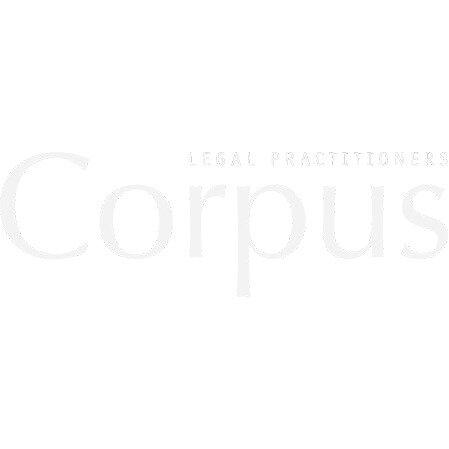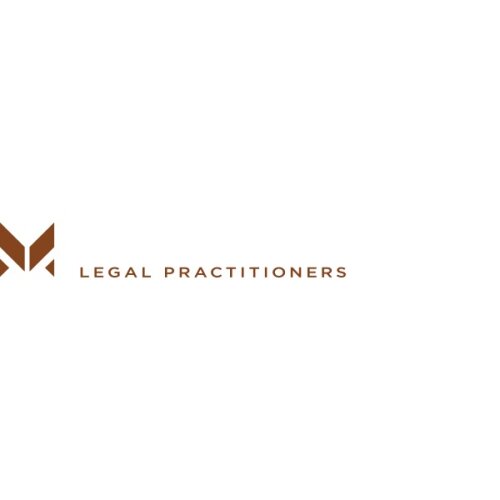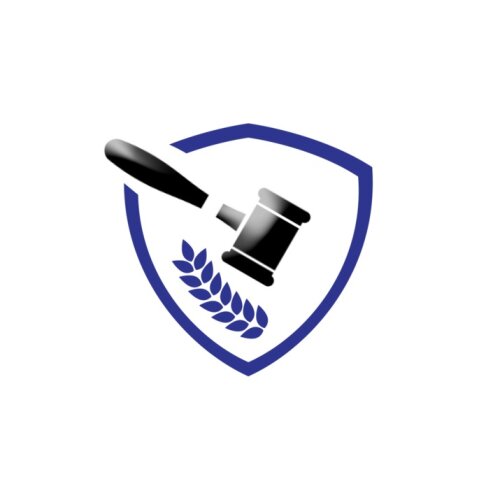Best Water Law Lawyers in Lusaka
Share your needs with us, get contacted by law firms.
Free. Takes 2 min.
List of the best lawyers in Lusaka, Zambia
About Water Law in Lusaka, Zambia
Water Law in Lusaka, Zambia refers to the set of rules and regulations governing the use, management, conservation, and rights of water resources within the Lusaka region. This legal framework helps balance the needs of individuals, businesses, communities, and the environment, ensuring that water is used sustainably and fairly. Water Law touches various aspects such as water allocation, usage rights, pollution control, licensing, and infrastructure development. In Zambia, water is regarded as a national resource, and its management is regulated through national policies implemented at the local level, including in Lusaka.
Why You May Need a Lawyer
Water Law can be complex, especially since water rights and usage affect multiple stakeholders. Here are some common scenarios where you may require legal assistance:
- Disputes over water usage or allocation between neighbors, communities, or commercial entities
- Challenges with obtaining or renewing water use permits and licenses
- Allegations of illegal water abstraction or use
- Concerns about water pollution and its impact on property or health
- Development projects that require legal compliance with environmental and water management laws
- Understanding or negotiating bulk water supply agreements
- Representation before local authorities or courts in water-related cases
- Matters involving compensation for the use or loss of water rights
- Enforcement of water conservation and protection regulations
- Compliance with changing water policies or emergency regulations during shortages or droughts
A knowledgeable Water Law lawyer assists clients in safeguarding their rights, ensuring regulatory compliance, and resolving disputes efficiently.
Local Laws Overview
Water Law in Lusaka is guided mainly by the Water Resources Management Act No. 21 of 2011 and managed through the Water Resources Management Authority (WARMA). Key points from local Water Law include:
- All water resources are publicly owned and regulated by the government on behalf of the people of Zambia.
- Water use for domestic purposes (such as drinking or small-scale gardening) is generally allowed without formal licensing.
- Commercial, agricultural, industrial, or large-scale water use requires obtaining written permits or licenses from WARMA.
- There are strict rules around the protection of water sources to prevent pollution and ensure long-term sustainability.
- Local councils, like Lusaka City Council, also regulate drainage, sewage, and stormwater management within their jurisdiction.
- Failure to comply with water regulations can result in fines, penalties, or prosecution.
- Community participation is encouraged in water resource management, involving water user associations and catchment councils.
- Resolution of disputes may be addressed through administrative processes before approaching the courts.
Understanding these laws is crucial for individuals, communities, and businesses in Lusaka to manage water responsibly and avoid legal trouble.
Frequently Asked Questions
What is considered a water right in Lusaka?
A water right allows a person or entity to lawfully use water for a specific purpose and quantity, typically granted through a permit or license from WARMA for non-domestic uses.
Do I need a license to use water from a river, borehole, or dam?
If you are using water for domestic household use, a license is generally not required. However, for irrigation, commercial, or large-scale purposes, a valid water permit or license is needed.
How can I apply for a water use permit?
You must submit an application to WARMA, providing details about the source, intended use, anticipated volume, and possible environmental impacts. The Authority will review and may conduct site inspections before approving your application.
Who resolves water disputes in Lusaka?
Initial disputes are commonly resolved through WARMA or local water user associations. If unresolved, cases can be taken to the local magistrate or High Court.
Is it legal to drill a borehole on my property?
Drilling a borehole is permitted, but you must register the borehole with WARMA and comply with guidelines concerning location, depth, and usage to protect water resources.
What happens if someone pollutes a water source?
Pollution of water resources is a criminal offense under Zambian law. Offenders may face penalties, including cleanup orders, fines, or imprisonment.
How is water protected for environmental purposes?
The law provides for the declaration of protected areas and requires that all users and activities consider the sustainability of water sources, including the maintenance of natural flows and water quality standards.
Can the government restrict water use during drought?
Yes, during periods of drought or emergency, WARMA or government authorities can impose restrictions and rationing to ensure fair distribution and sustainability of water resources.
Are there fees for water licenses or permits?
There are prescribed fees for applications, renewals, and use permits, which vary based on the type and scale of water use. Details are available from WARMA.
What should I do if my water rights are infringed?
You should first report the issue to WARMA or your local water user association. If the matter is unresolved, seeking legal assistance to explore mediation or initiate a formal complaint can help protect your rights.
Additional Resources
If you need more information or support regarding Water Law in Lusaka, consider contacting or researching the following organizations:
- Water Resources Management Authority (WARMA) - The main regulatory authority for water management, permits, and dispute resolution
- Lusaka City Council - Local governance for municipal water supply, drainage, and sewage services
- Ministry of Water Development, Sanitation and Environmental Protection - Oversees water policy and infrastructure
- Zambia Environmental Management Agency (ZEMA) - Regulates environmental standards, including water pollution
- Legal Aid Board - Provides legal assistance for eligible citizens facing water and environmental law issues
- Local law firms with expertise in environmental and water law
- Water user associations and community water management groups
Many of these organizations offer advisory services, educational materials, and dispute resolution mechanisms.
Next Steps
If you believe you need legal help regarding Water Law in Lusaka, consider the following steps:
- Clearly identify your specific issue, such as water rights, licensing, or disputes
- Gather all relevant documentation, including correspondence, permits, and notices
- Contact WARMA or your local council for initial information and guidance
- If the matter is urgent, complex, or unresolved, consult a qualified lawyer experienced in Water Law
- Prepare a list of questions and desired outcomes to discuss with your lawyer
- Stay informed about any changes to local water legislation or regulatory requirements
Taking prompt and informed action can help you protect your interests and ensure compliance with local Water Law in Lusaka, Zambia.
Lawzana helps you find the best lawyers and law firms in Lusaka through a curated and pre-screened list of qualified legal professionals. Our platform offers rankings and detailed profiles of attorneys and law firms, allowing you to compare based on practice areas, including Water Law, experience, and client feedback.
Each profile includes a description of the firm's areas of practice, client reviews, team members and partners, year of establishment, spoken languages, office locations, contact information, social media presence, and any published articles or resources. Most firms on our platform speak English and are experienced in both local and international legal matters.
Get a quote from top-rated law firms in Lusaka, Zambia — quickly, securely, and without unnecessary hassle.
Disclaimer:
The information provided on this page is for general informational purposes only and does not constitute legal advice. While we strive to ensure the accuracy and relevance of the content, legal information may change over time, and interpretations of the law can vary. You should always consult with a qualified legal professional for advice specific to your situation.
We disclaim all liability for actions taken or not taken based on the content of this page. If you believe any information is incorrect or outdated, please contact us, and we will review and update it where appropriate.

















